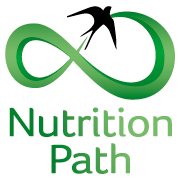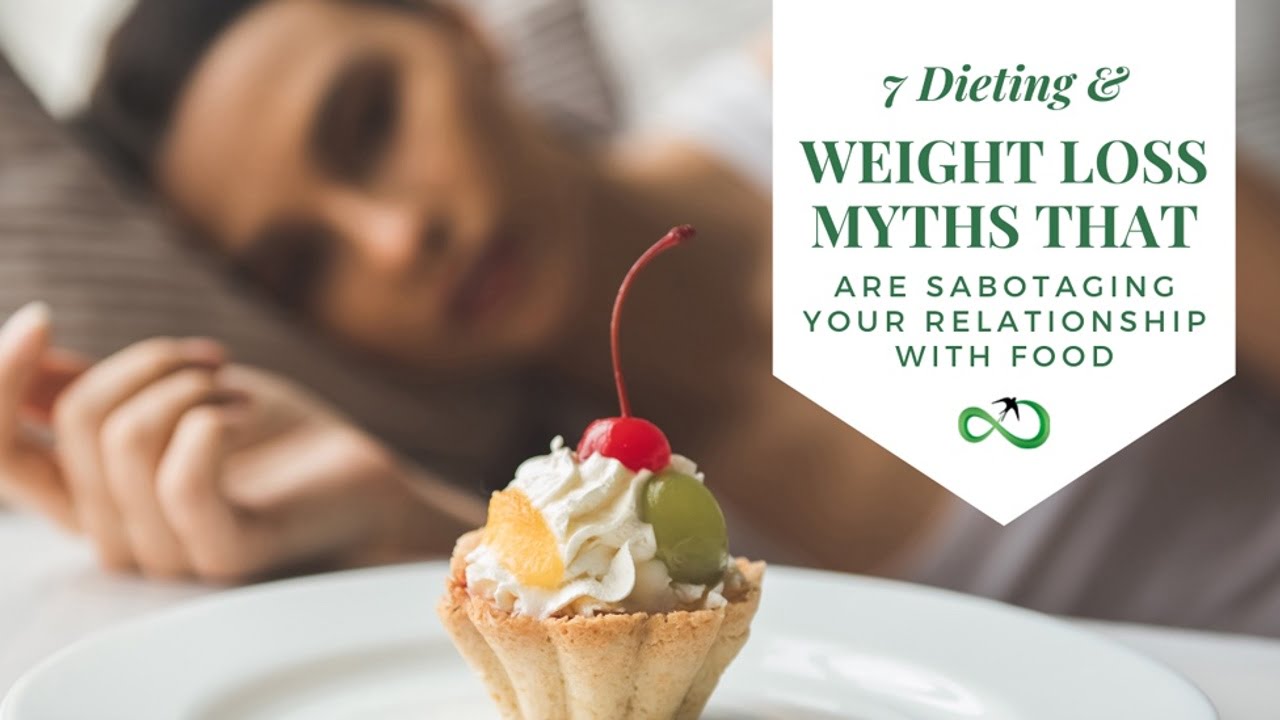You only need to ask Dr.Google a thing or two about nutrition to realise that these days everyone is an expert in nutrition and able to advise and what to do to lose weight. Yet, obesity and eating disorders are hitting some of the all-time highest statistics and I can’t help but wonder- if diets worked, would you have to keep doing them over and over?
Myth: “Drink water with meals- you will feel more full and eat less”
Aim to drink 10 min before a meal or 40 min after, unless you are eating something really dry and need a few sips of water to help the food go down easier. You can even drink a glass or two before your meal if you do get thirsty quickly, as water is absorbed quickly.
Myth: “Skip breakfast- you will reduce calorie intake through the day”
Although some people are able to have breakfast later and experience no cravings whatsoever, to many women that come through my clinic door skipping breakfast only wreaks havoc on the balance throughout the day and creates extra cravings or temptation to overeat. It is key to have breakfast not only for sustained weight loss efforts but most importantly for energy regulation. If you ever experience bingeing, emotional eating or cravings for sugar, make sure you focus on blood sugar balance starting with step #1- having a substantial breakfast.

Myth: “All carbs are bad”
The two main things I see people have food rules about are carbohydrates and fats. And a notion that “all carbs are bad” remains strong in the world of dieting. Carbs are often exclusively linked to junk foods and binge foods. Sure, these foods may often contain high amounts of sugars, white flour and processed additives, however there are types of carbohydrates that are essential for the human body to thrive.
Carbohydrates provide readily available energy to the body and especially the brain and the central nervous system. Additionally, it drives the metabolism and the breakdown of fats and proteins. It also allows us to breathe, move and grow, helps regulate digestion, provide a wide range of nutrients and fibre and help us feel full.
Therefore cutting out all the carbohydrates from the diet would not be beneficial short or long term and probably would make you feel a little worse. Aim to get in carbs through vegetables (butternut squash, sweet potato, potato) and start with more complex forms of carbs, such as beans, lentils and grains (buckwheat, rye, millet, rice, quinoa).
Myth: “All calories are the same”
I am sure logically you know that the same calories of kale and same calories of chocolate will not be the same. But why? It has the exact same amount of calories and according to diet rules all calories are the same, right?
Myth: “If you store extra weight, you are lazy and greedy”
A popular belief coupled with social conditioning that if you carry excess weight you are “lazy and greedy” is rather unkind and completely inaccurate. There are many reasons why people gain weight and often it is a complex, multi-layered system that is preventing them from losing weight, which may include habits, stress levels, hormonal regulation, beliefs and history with dieting. Swapping judgement to compassion can go a long way and less likely to cause internal sabotage.
Myth: “Fats make you fat”
A clear message from the 80s dieting boom was that “fat makes you fat” and the only way to lose weight is to stop eating all the foods that are high in calories. Of course, that means the fats are the first foods to go, as they are traditionally high in calories. However, as mentioned before, fats are also what makes you full and satiated for longer, reducing cravings later. Research shows that people who manage to maintain a healthy stable weight throughout life eat beneficial fats and certainly don’t skip the salad dressing. Beneficial fats may also help metabolism regulation, support healthy ageing and skin health. Aim to add nuts and seeds, olive oil, avocados and oily fish into your diet to manage weight and health naturally.

Myth: “Snacking will make you gain weight”
Another dieting myth that may not be far from the truth, however the question here is “what kind of snacking?” Sure, you want to avoid continuous snacking through the day without any set times, as it may contribute towards blood sugar imbalance and the imbalance of hunger and satiety signals. Routine and structure is important for the body to keep regular and manage energy.
However, if you go more than 5 h between your main meals and you are experiencing cravings for sugar or you overeat for your meals, it may be wise to include a small snack between meals. This could be hummus and vegetable sticks, a boiled egg with oatcakes or Greek yoghurt with berries and nuts. This may just help balance blood sugar and help prevent cravings later.



